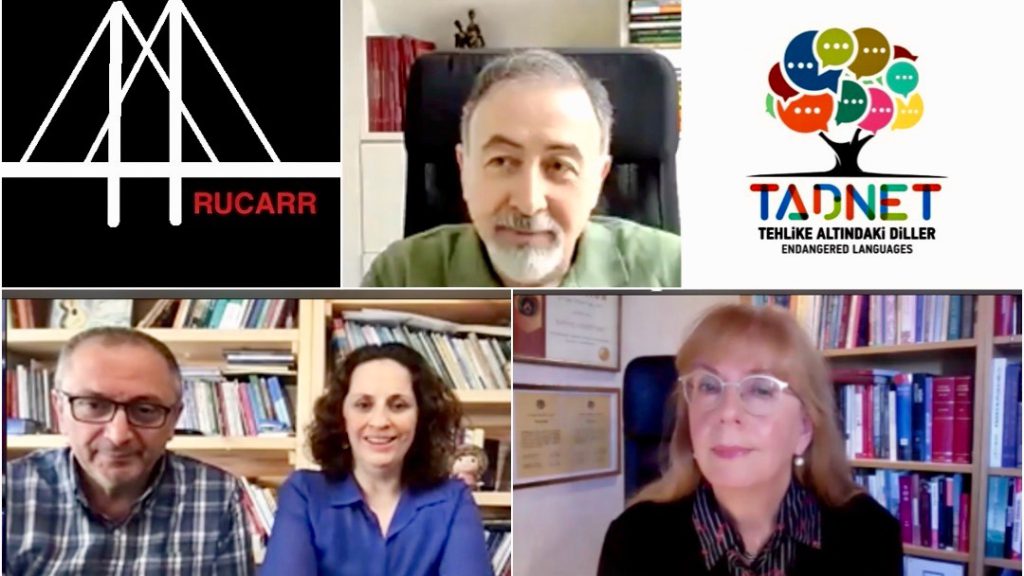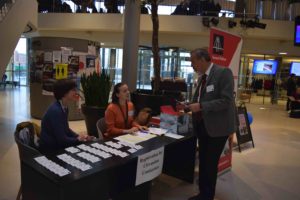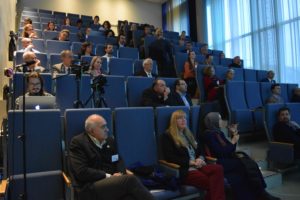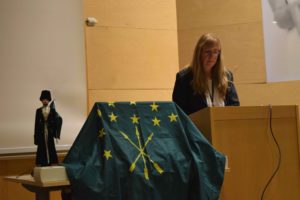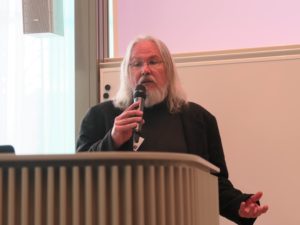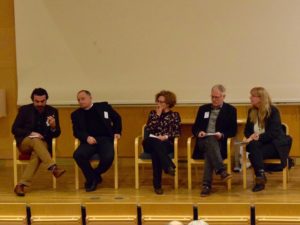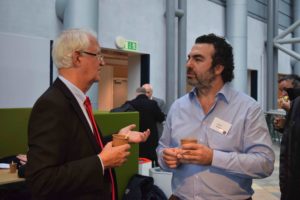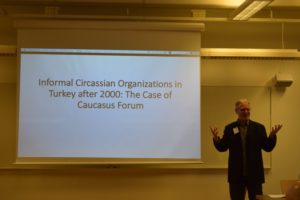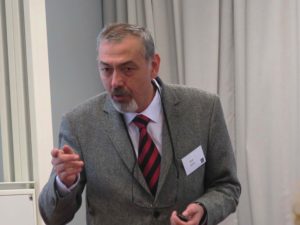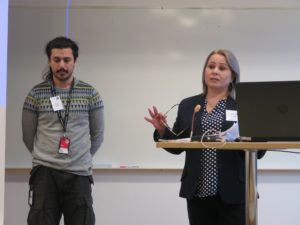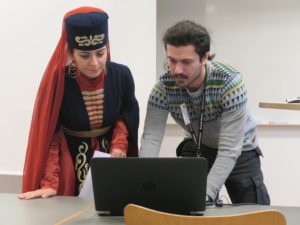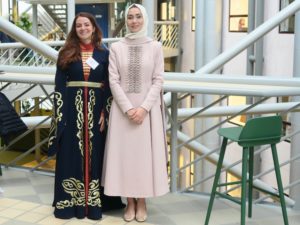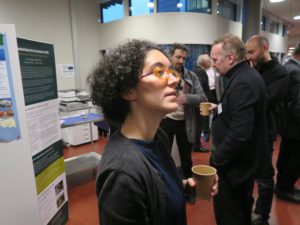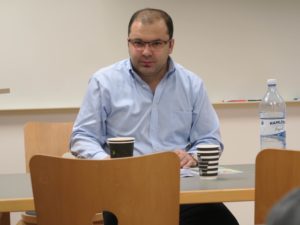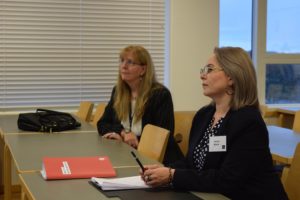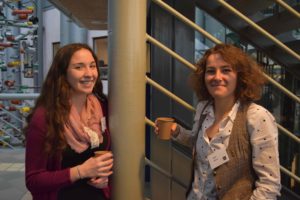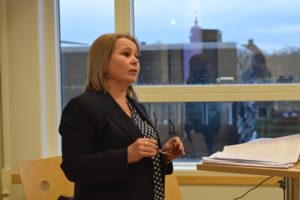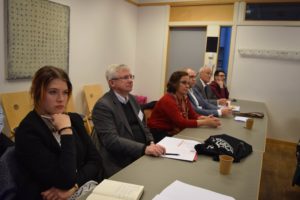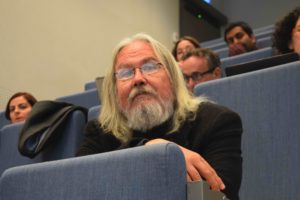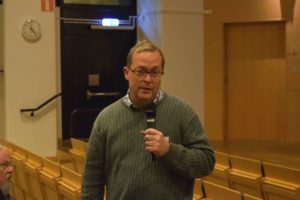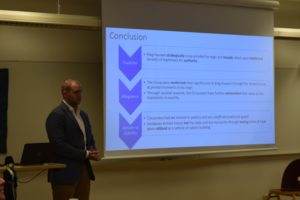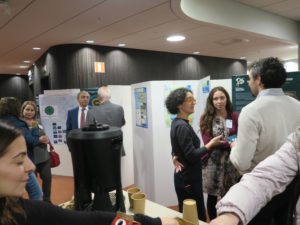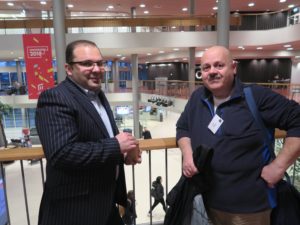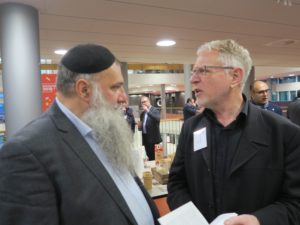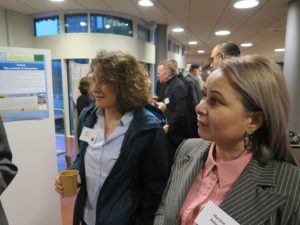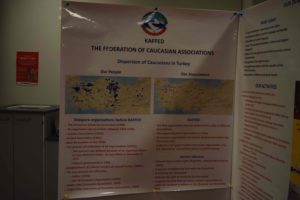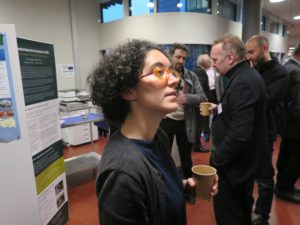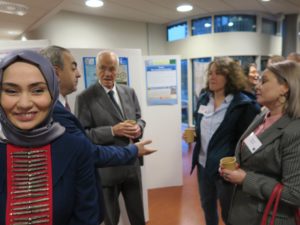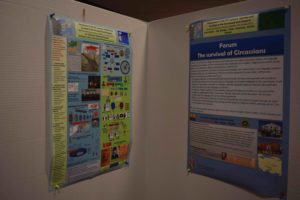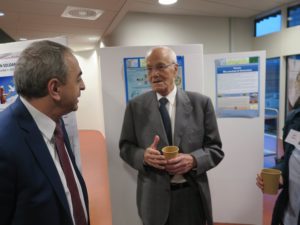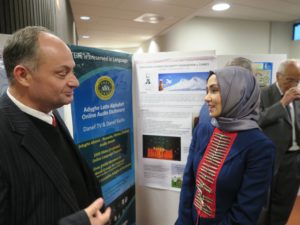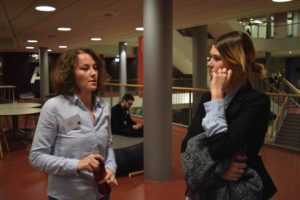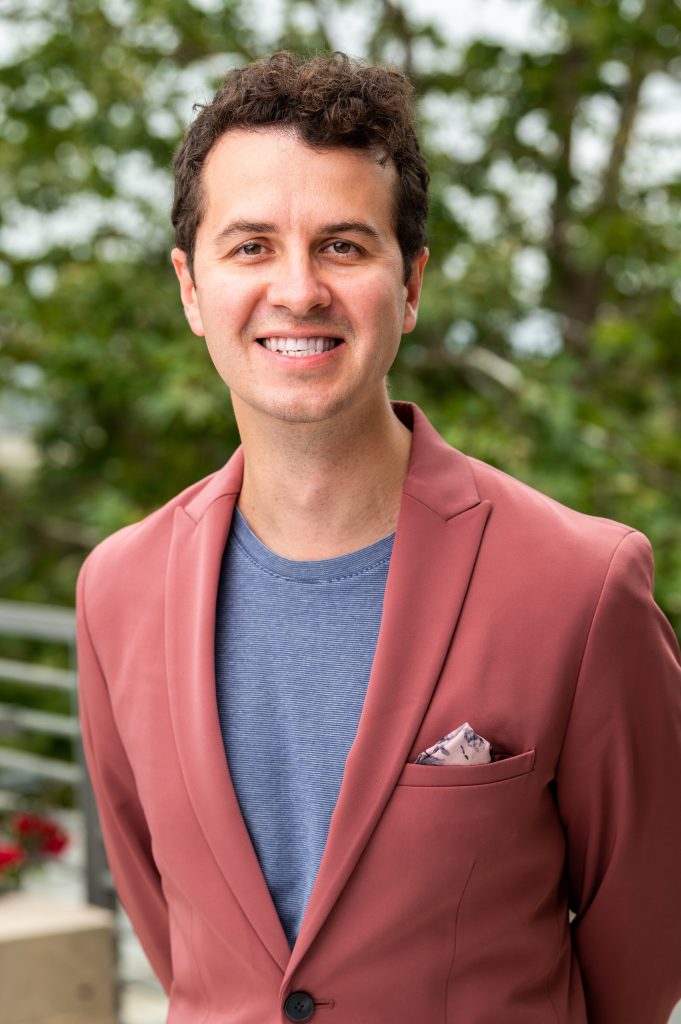 RUCARR seminar with Dr. Vladimir Hamed-Troyansky, Ass. Prof. of Global Studies at the University of California, Santa Barbara:
RUCARR seminar with Dr. Vladimir Hamed-Troyansky, Ass. Prof. of Global Studies at the University of California, Santa Barbara:
Empire of Refugees: North Caucasian Muslims and the Late Ottoman State
When: May 7, 17.00-18.15 CET
Where: zoom https://mau-se.zoom.us/j/62352627321
Between the 1850s and World War I, about one million Muslims from the Russian Empire’s North Caucasus region sought refuge in the Ottoman Empire. In his new book, Empire of Refugees: North Caucasian Muslims and the Late Ottoman State, Dr. Vladimir Hamed-Troyansky examines how Circassian, Chechen, Dagestani, and other refugees transformed the late Ottoman Empire and how the Ottoman government managed Muslim refugee resettlement. Empire of Refugees argues that, in response to Muslim migrations from Russia, the Ottoman government created a refugee regime, which predated refugee systems set up by the League of Nations and the United Nations. The book also revises our understanding of how Russia used migration policies to govern the Caucasus and its Muslim populations.
Bio
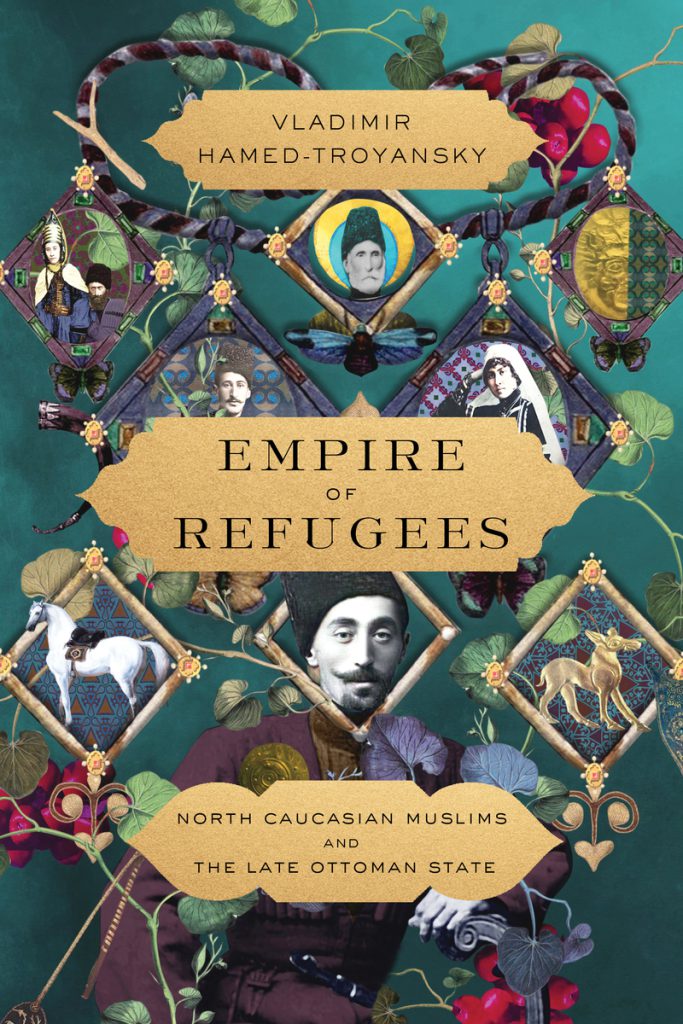 Dr. Vladimir Hamed-Troyansky is a historian of global migration and forced displacement and Assistant Professor of Global Studies at the University of California, Santa Barbara. His research examines Muslim refugee migration and its role in shaping the modern world. He is the author of Empire of Refugees: North Caucasian Muslims and the Late Ottoman State (Stanford University Press, 2024). His articles appeared in Past & Present, Comparative Studies in Society and History, International Journal of Middle East Studies, Slavic Review, and Kritika. He received a Ph.D. in History from Stanford University and served as a postdoctoral fellow at Columbia University.
Dr. Vladimir Hamed-Troyansky is a historian of global migration and forced displacement and Assistant Professor of Global Studies at the University of California, Santa Barbara. His research examines Muslim refugee migration and its role in shaping the modern world. He is the author of Empire of Refugees: North Caucasian Muslims and the Late Ottoman State (Stanford University Press, 2024). His articles appeared in Past & Present, Comparative Studies in Society and History, International Journal of Middle East Studies, Slavic Review, and Kritika. He received a Ph.D. in History from Stanford University and served as a postdoctoral fellow at Columbia University.



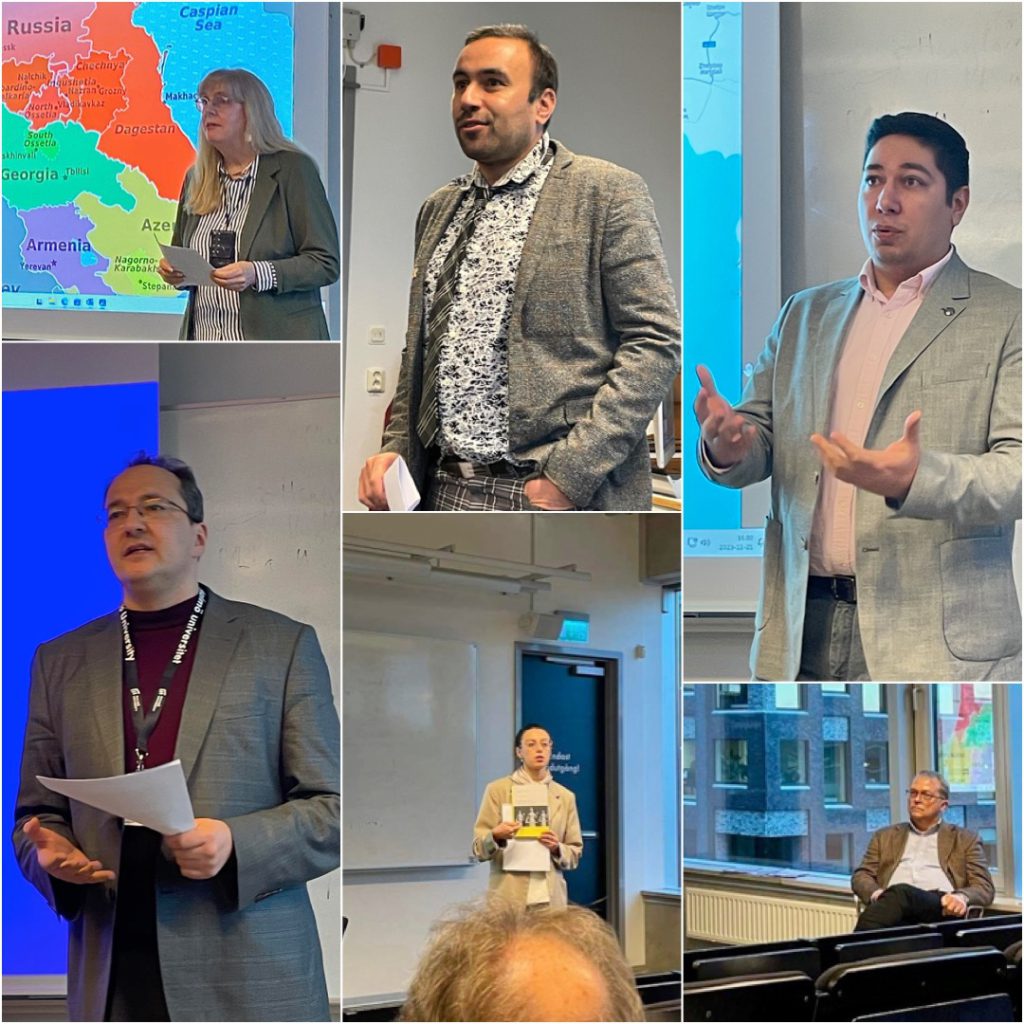
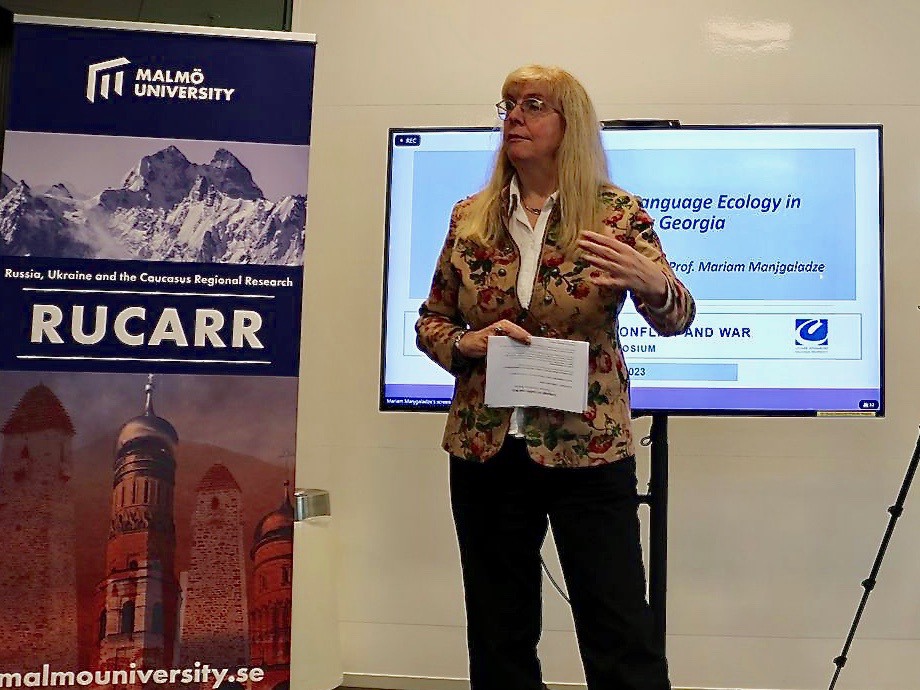
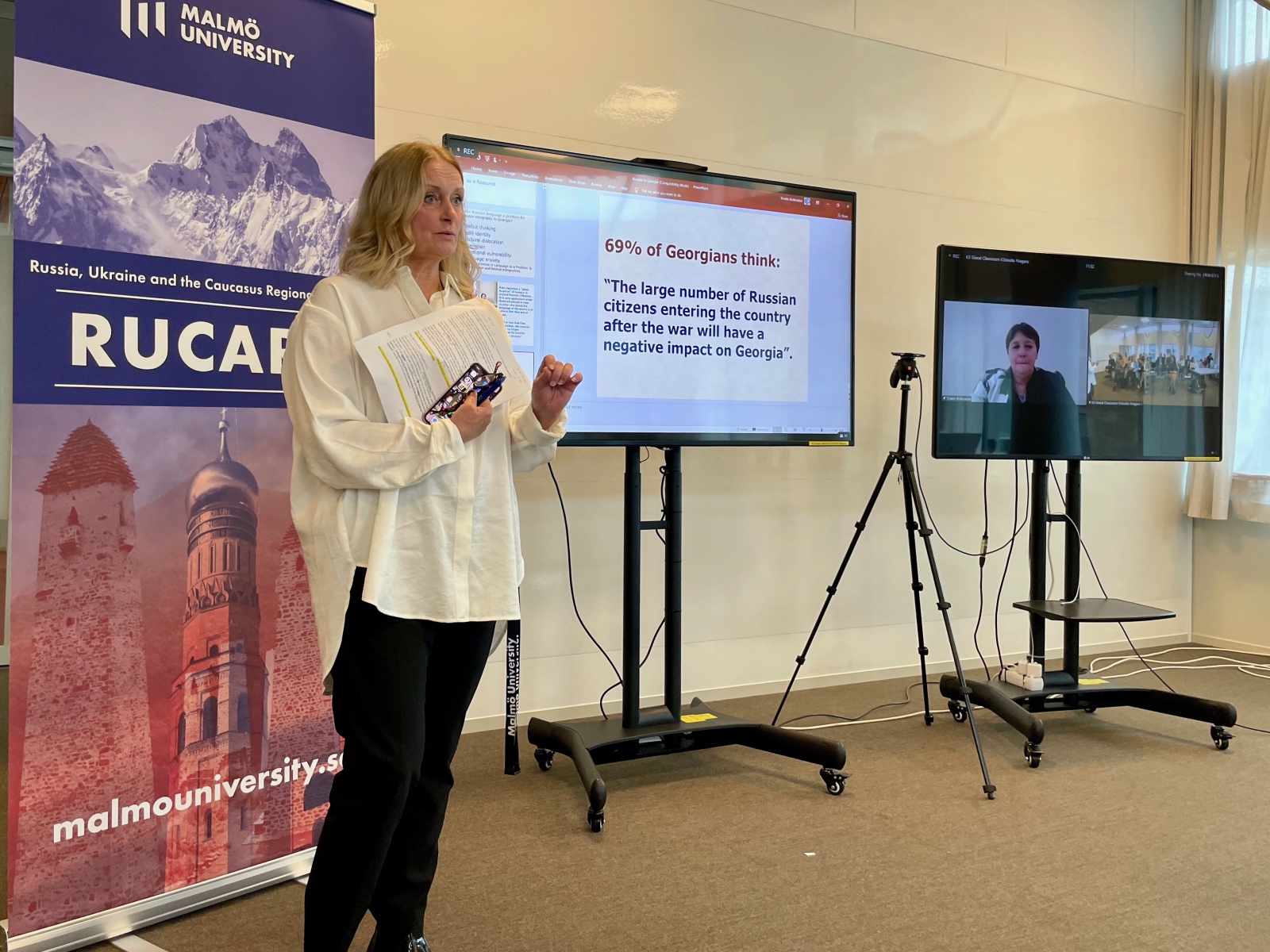

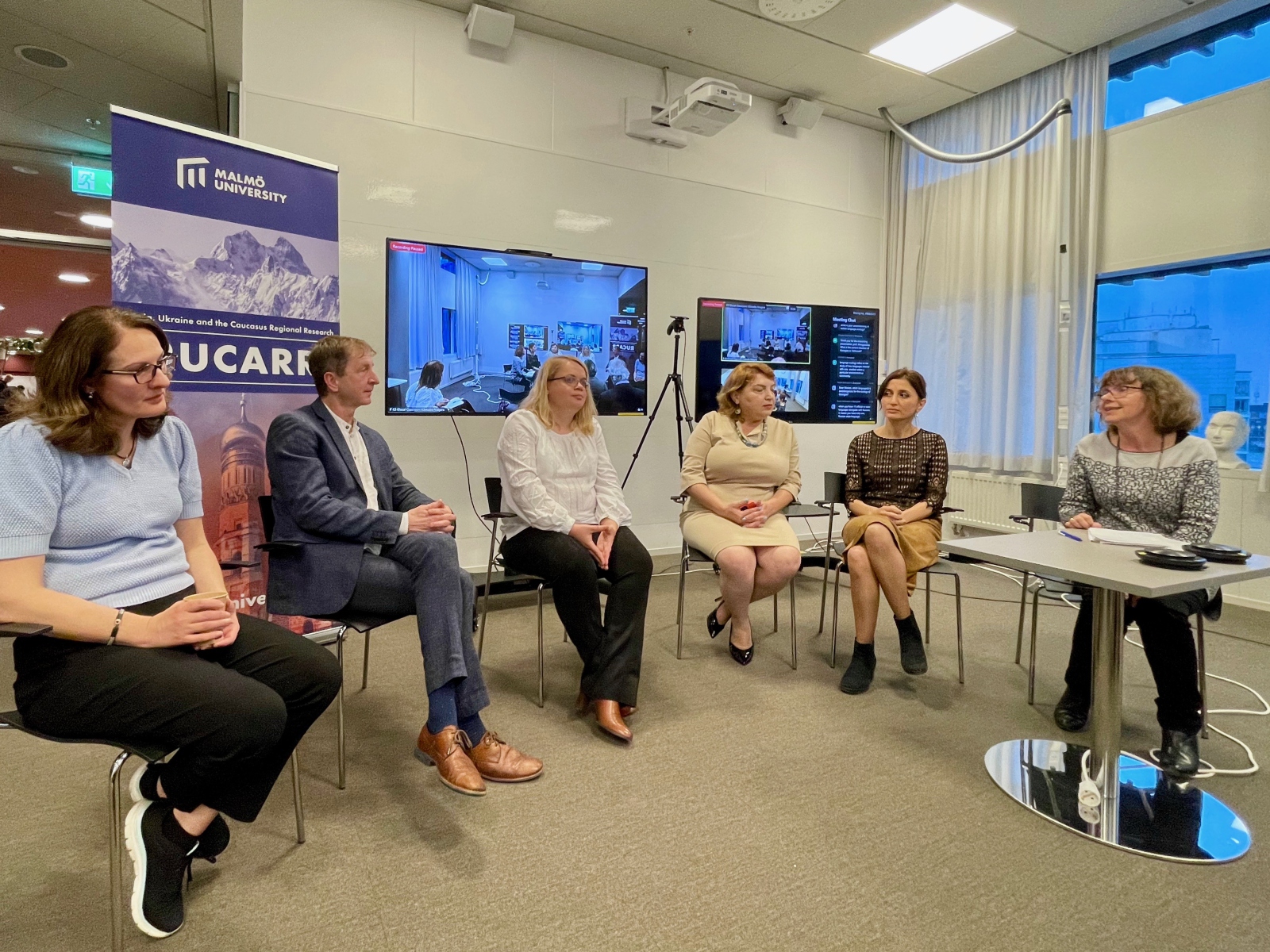
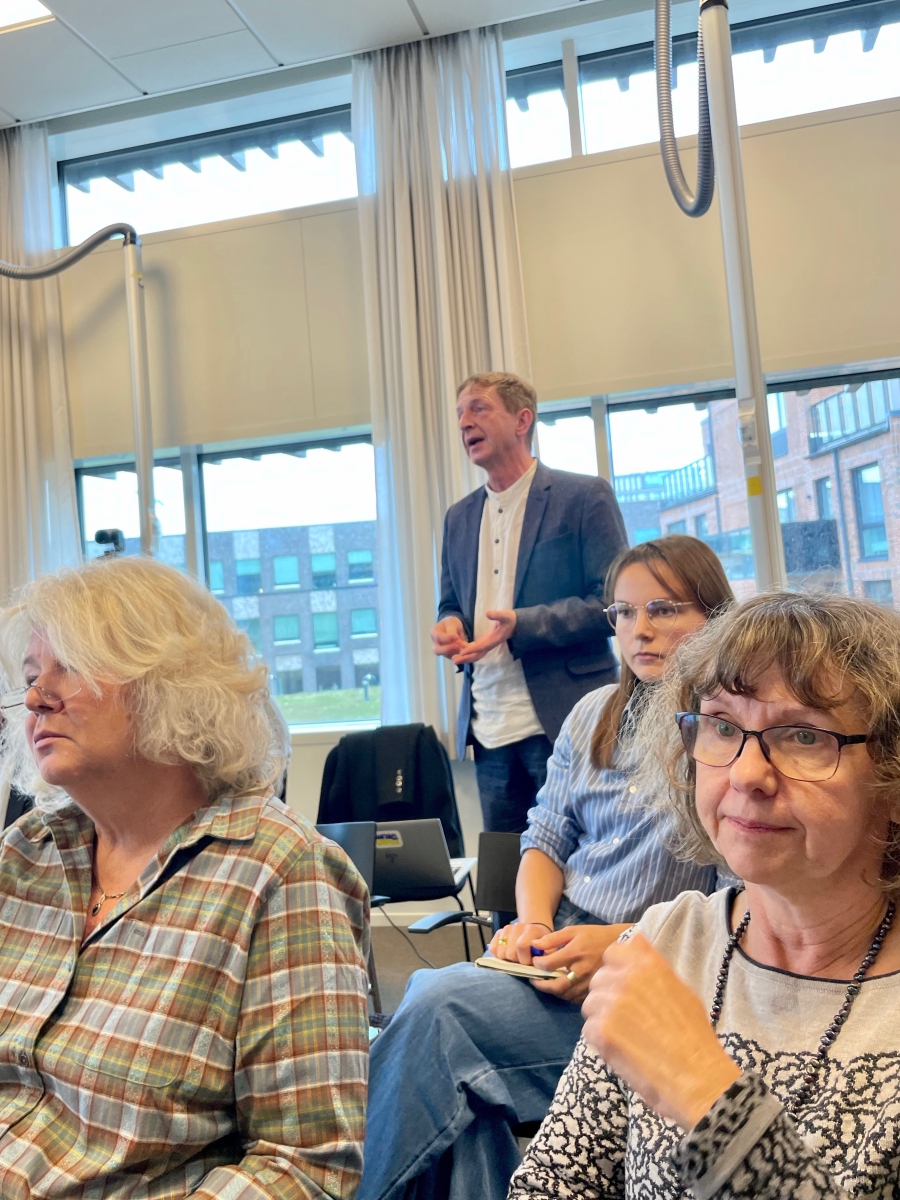
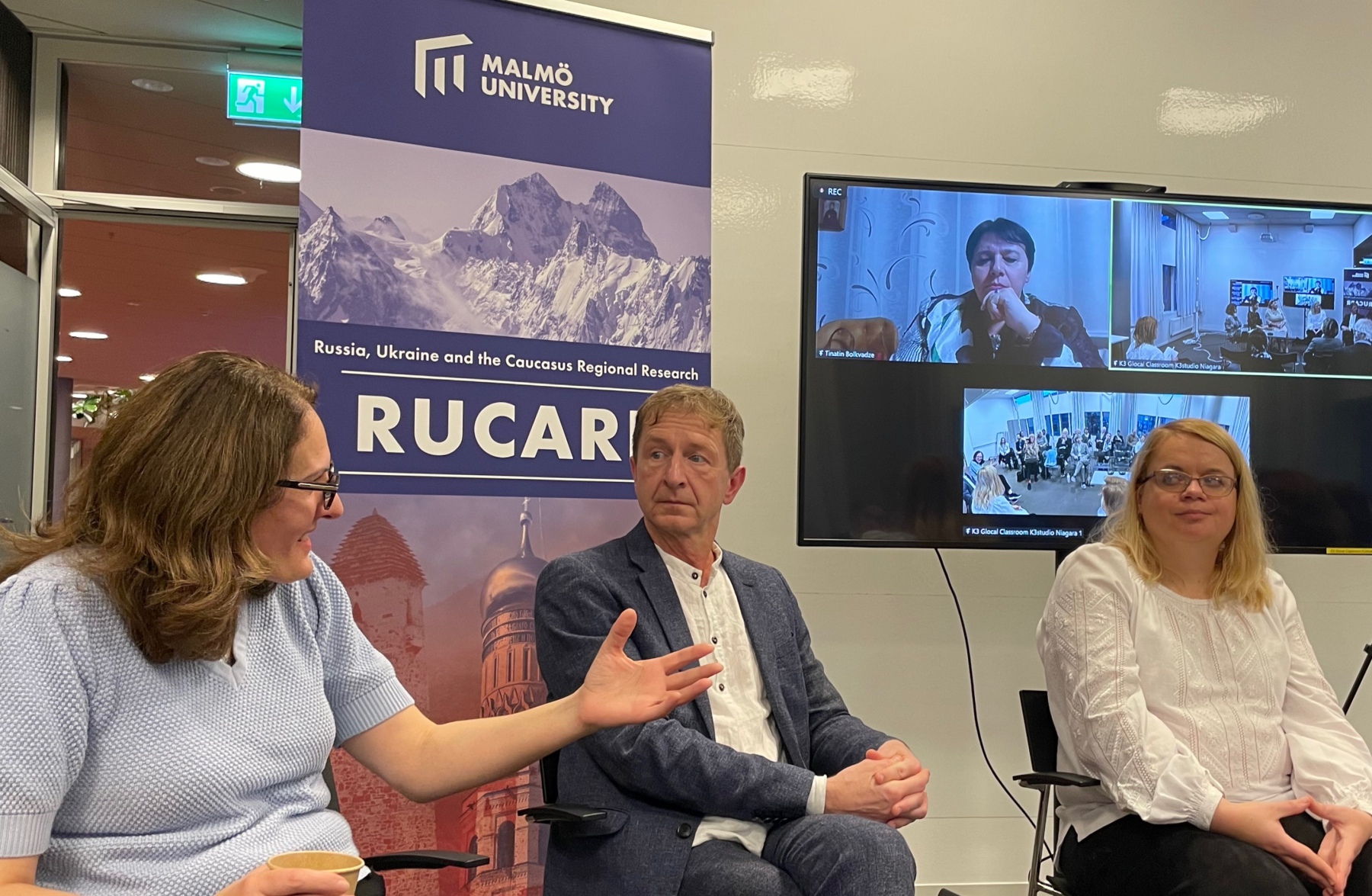

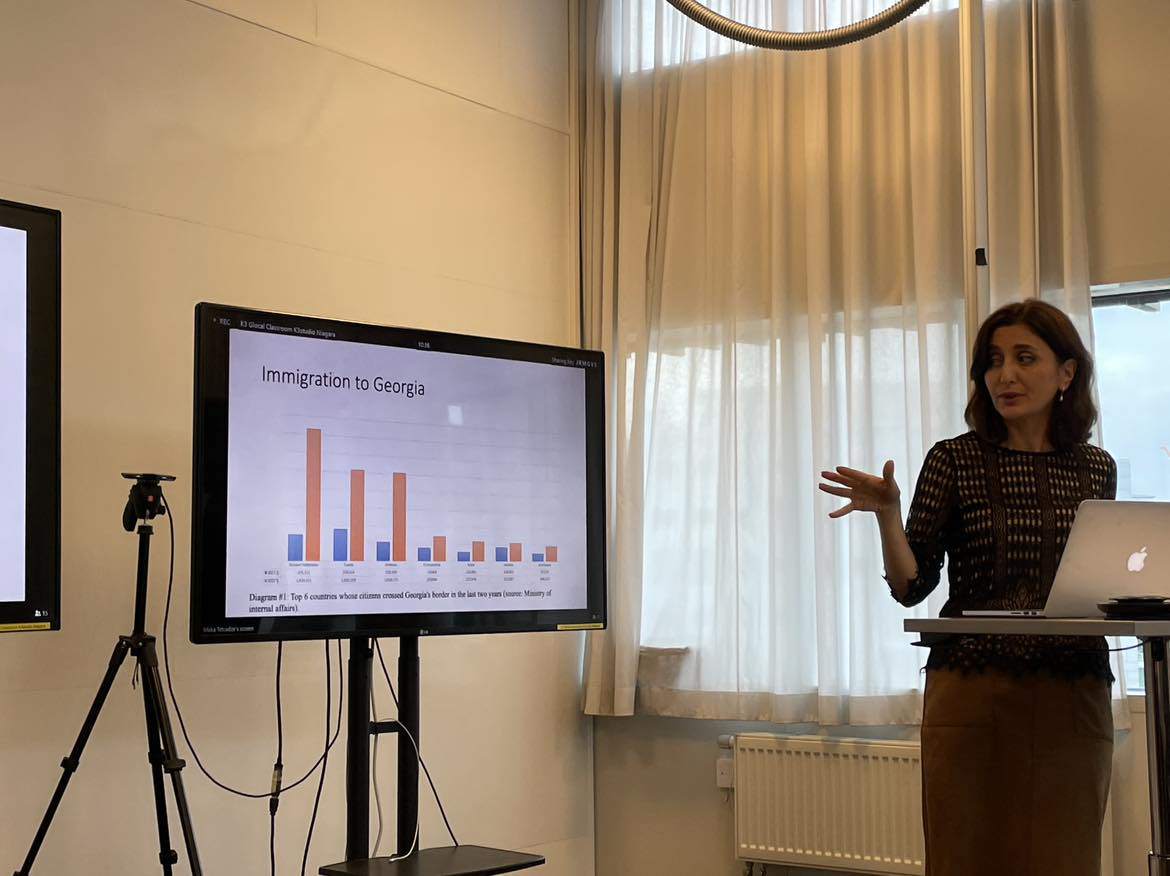

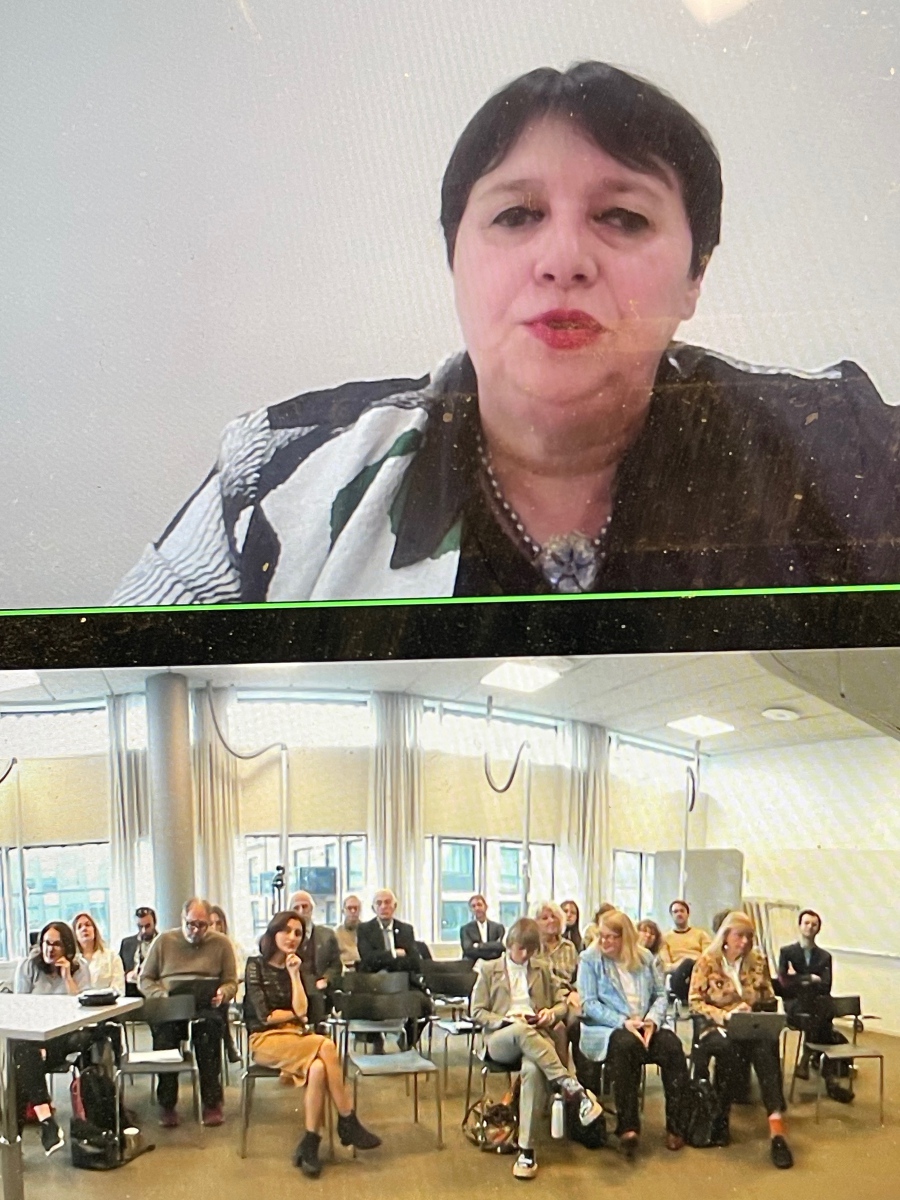
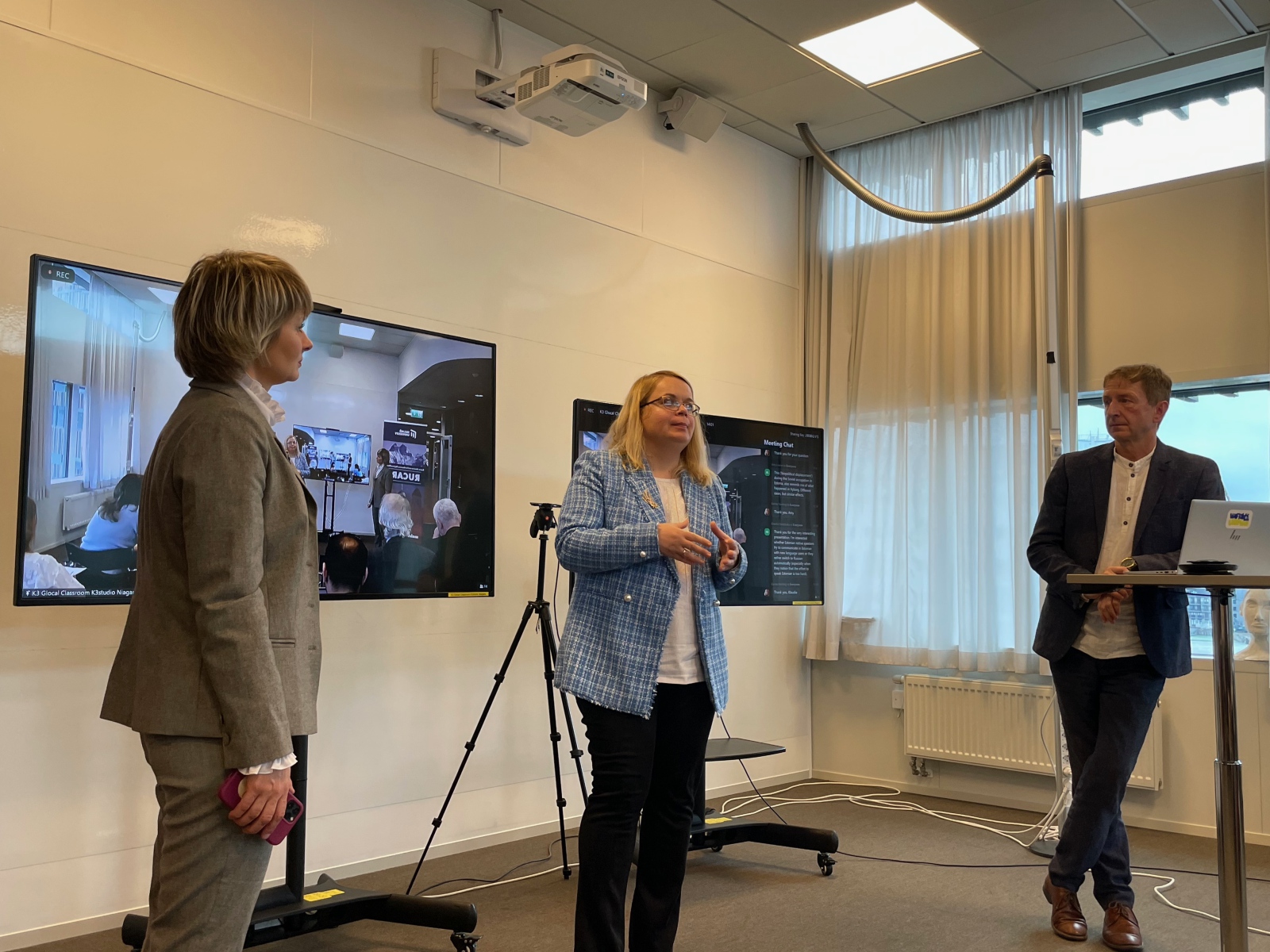
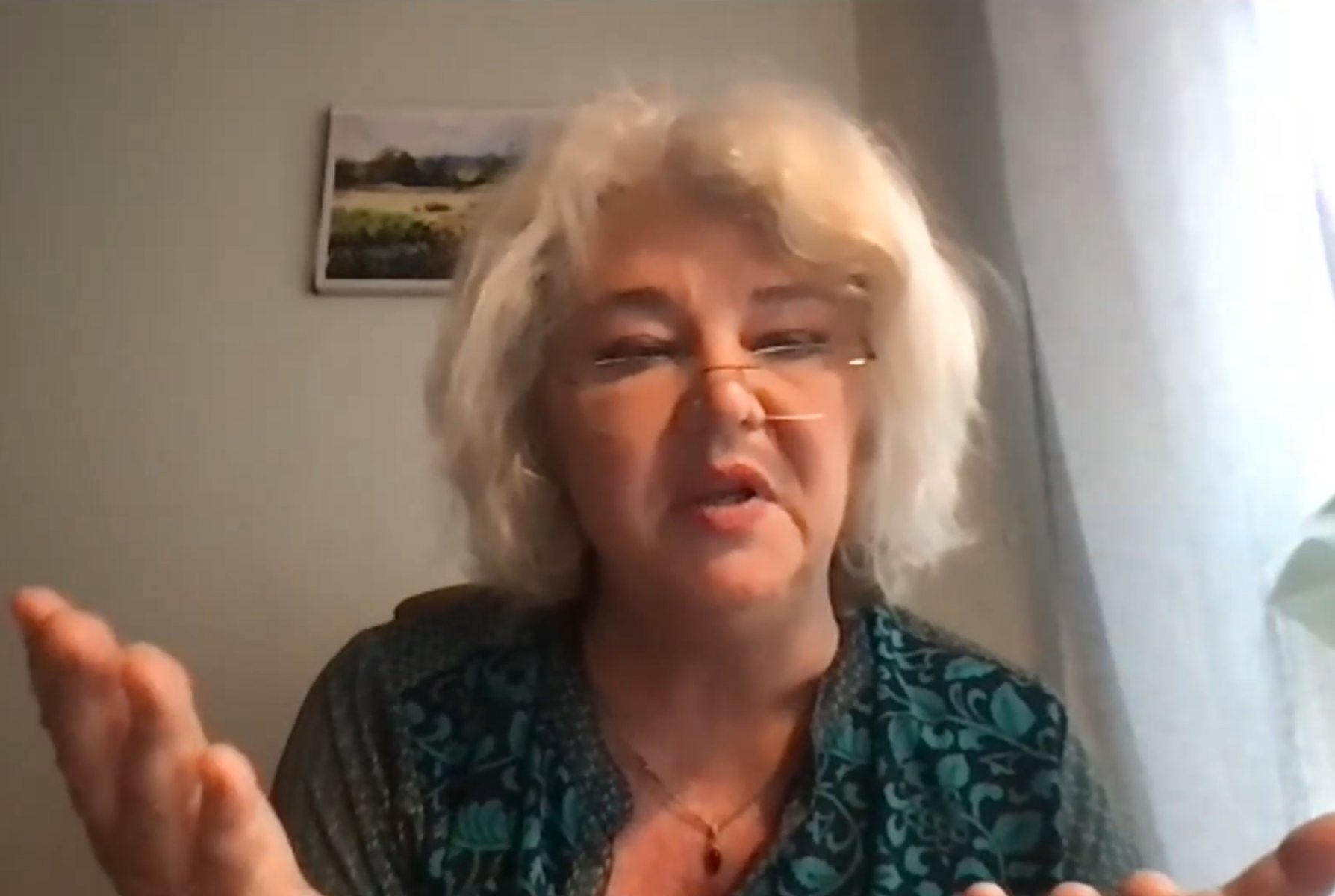
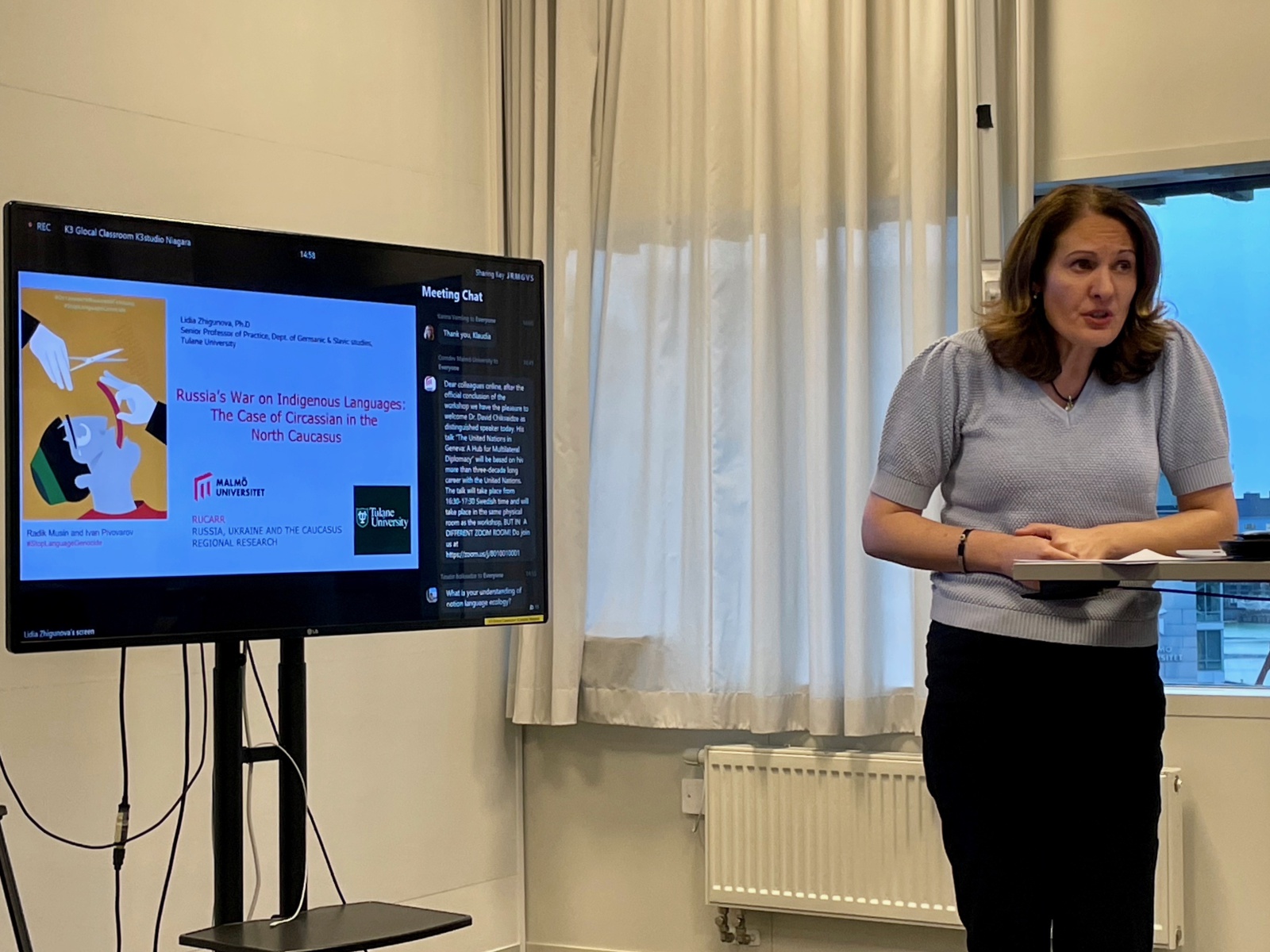

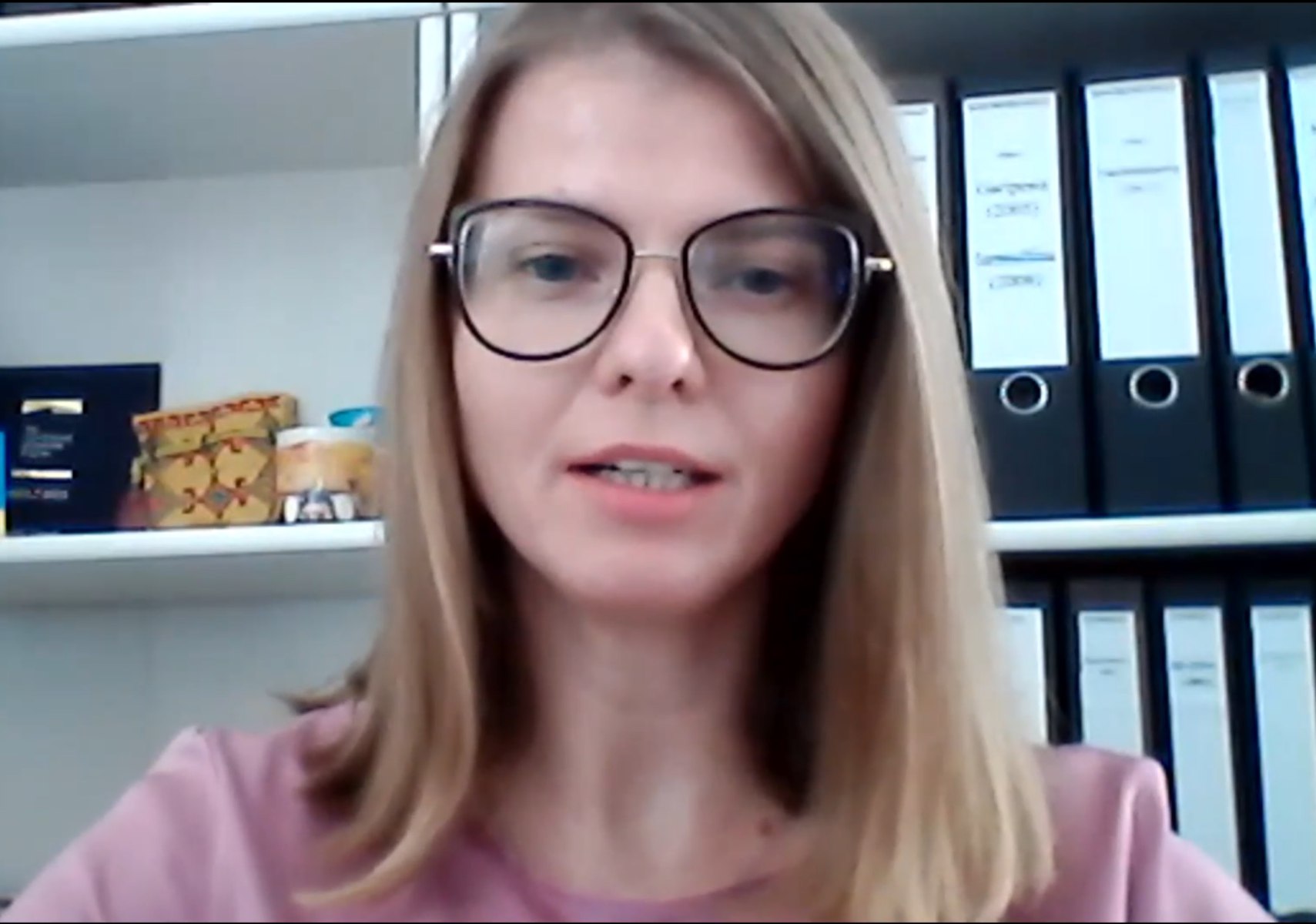

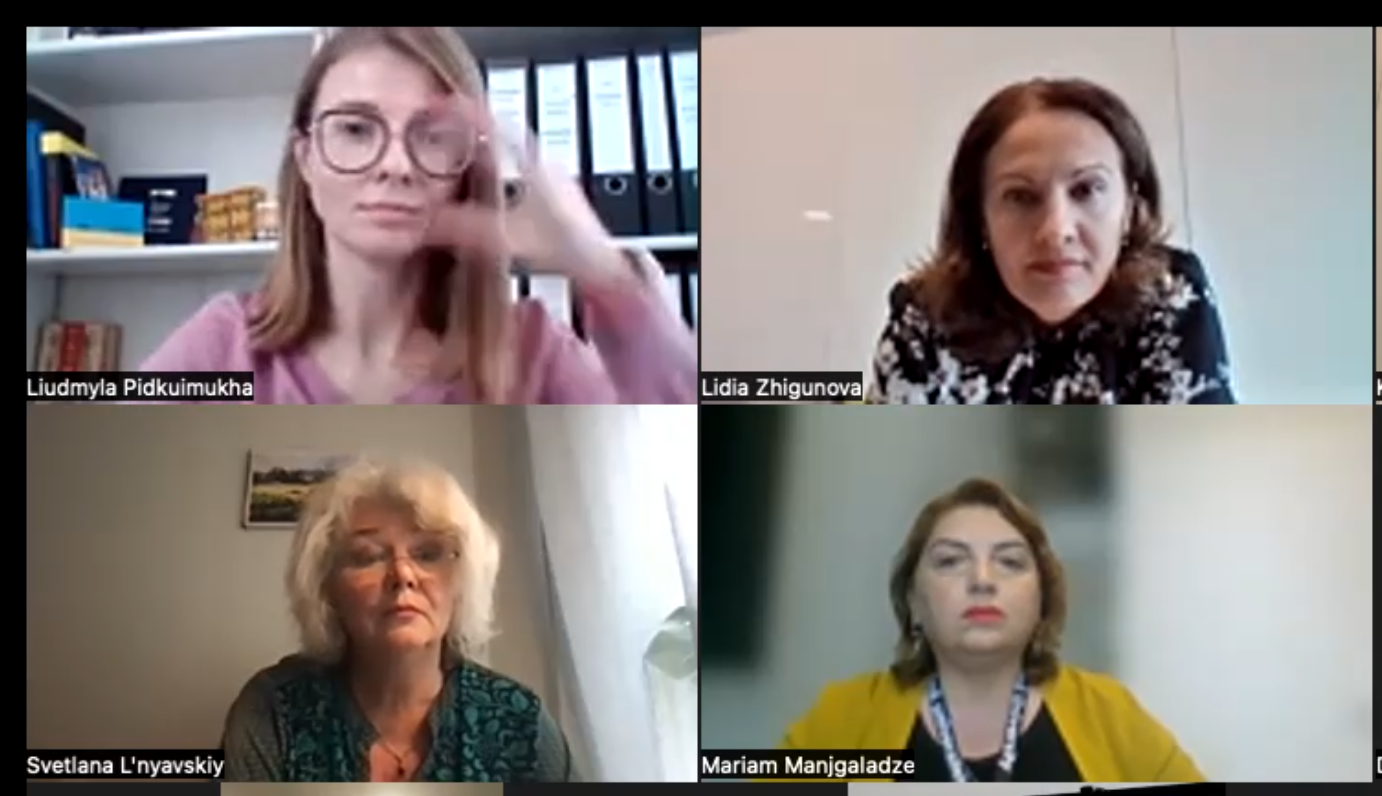
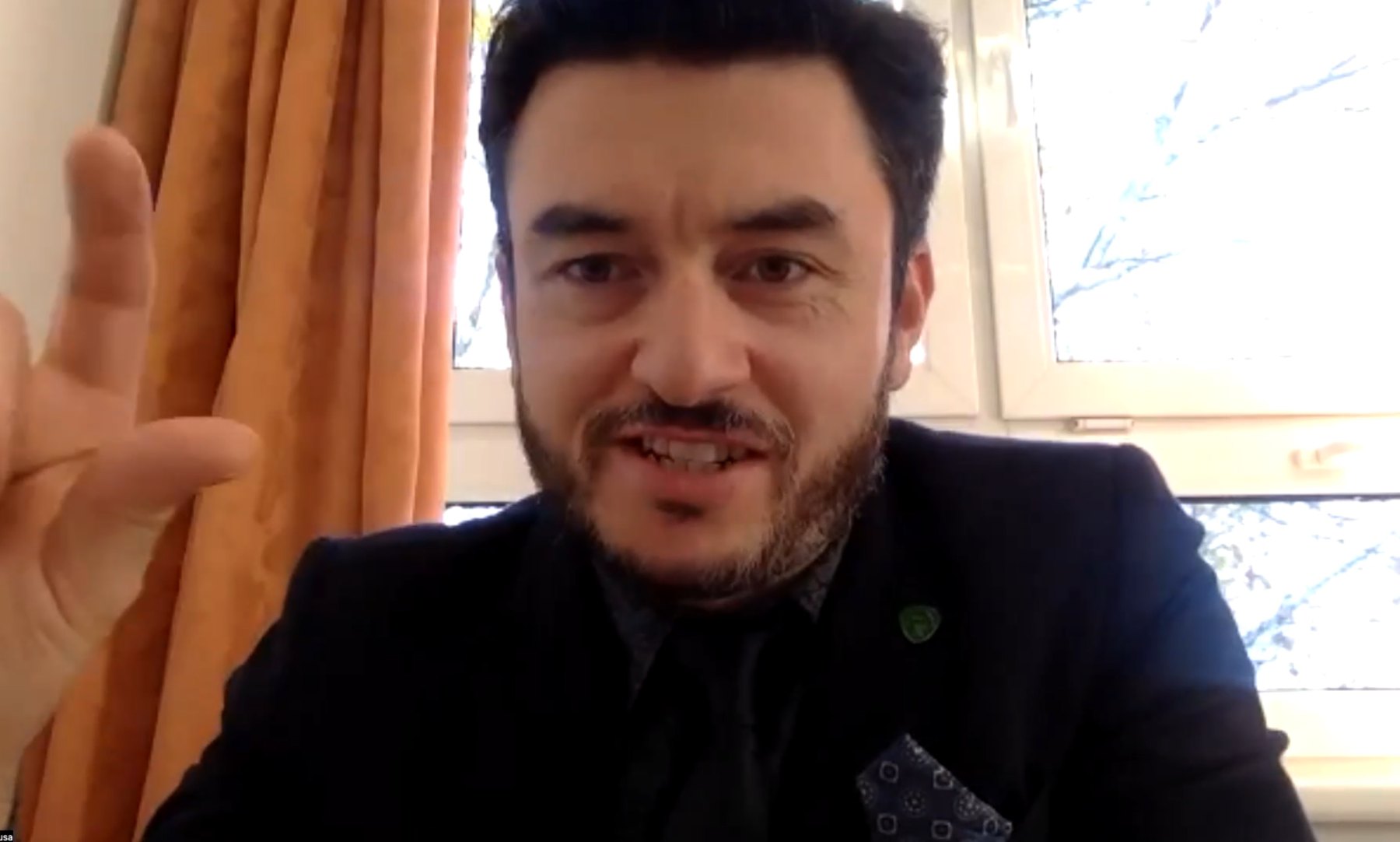
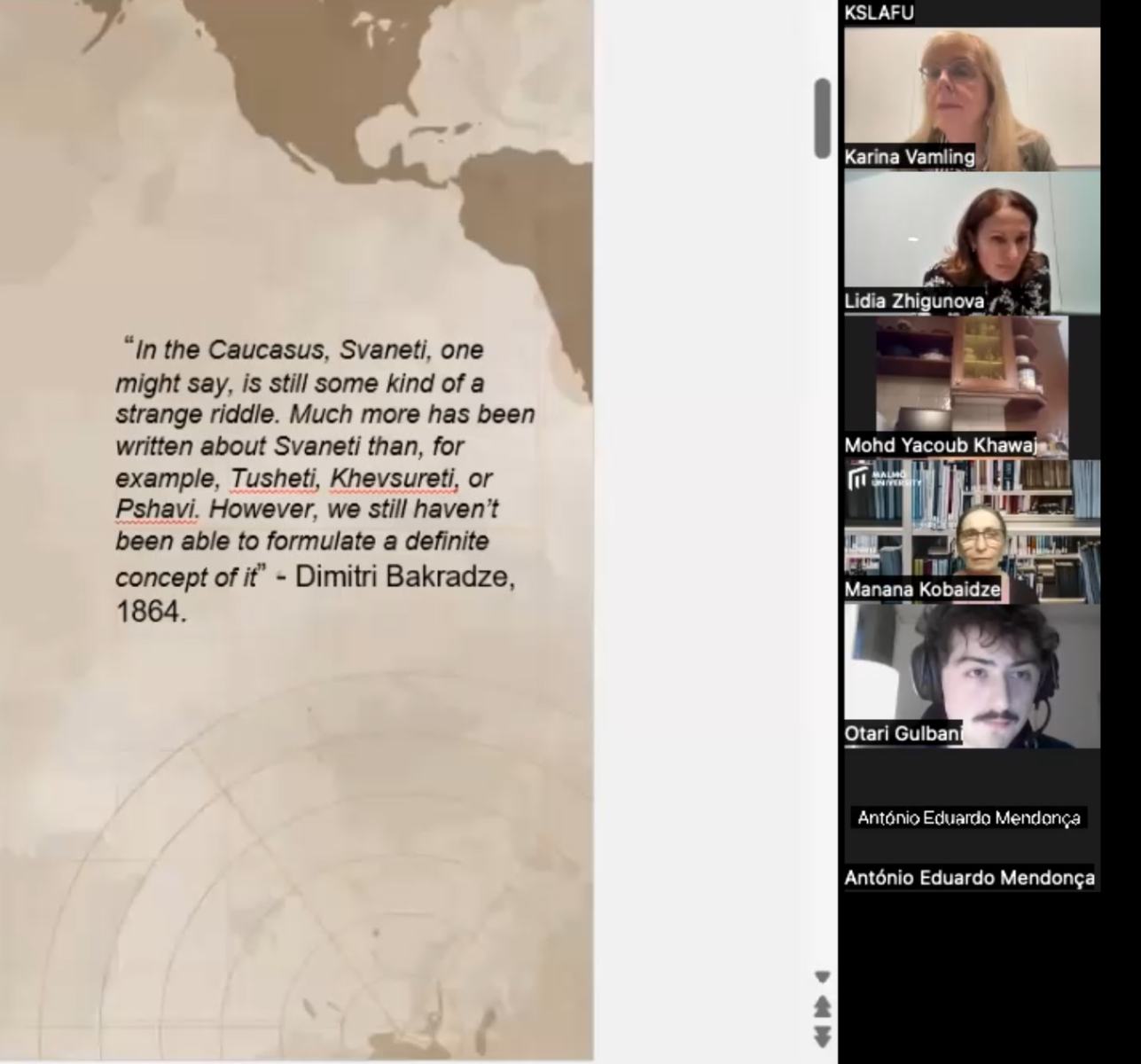
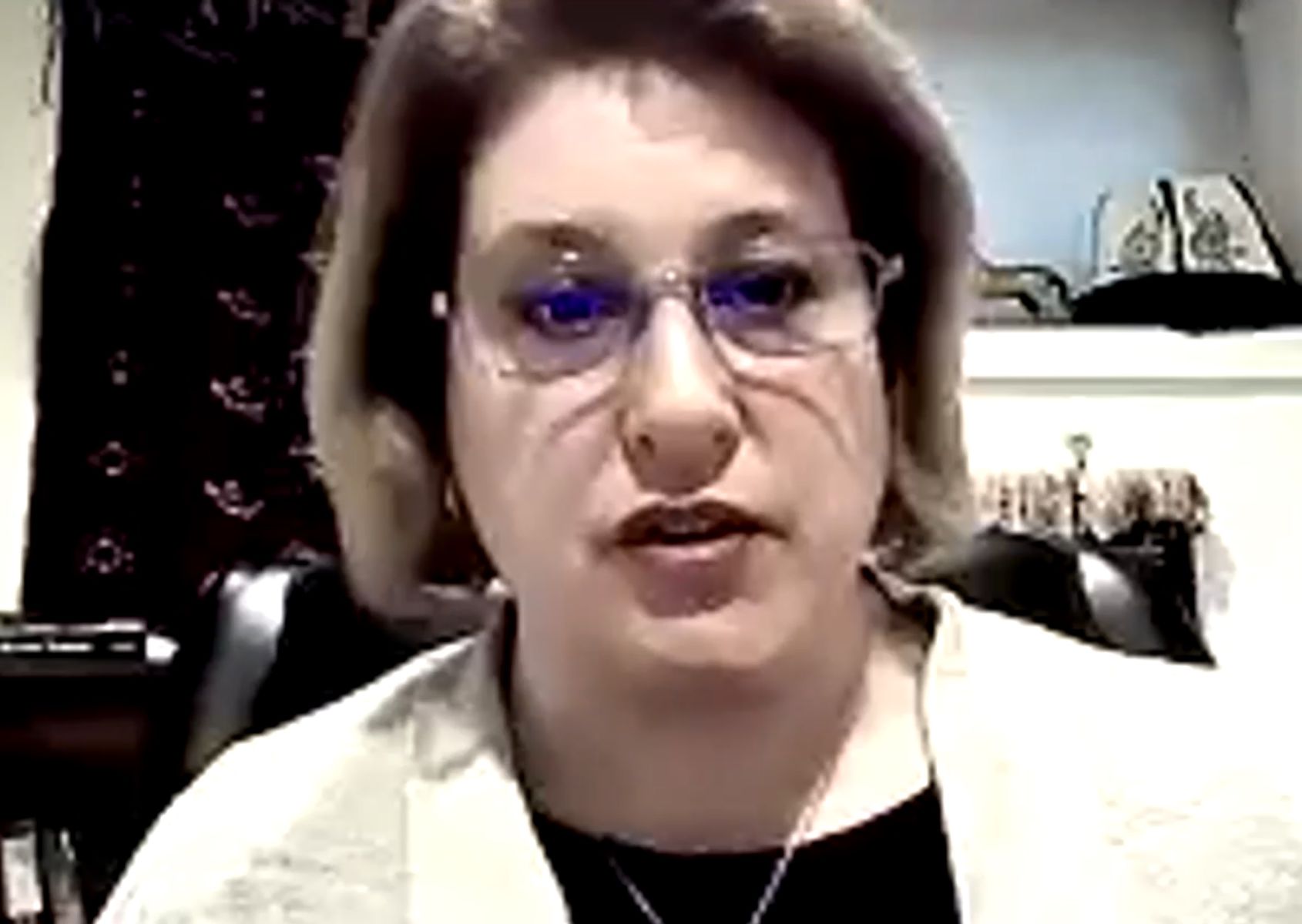
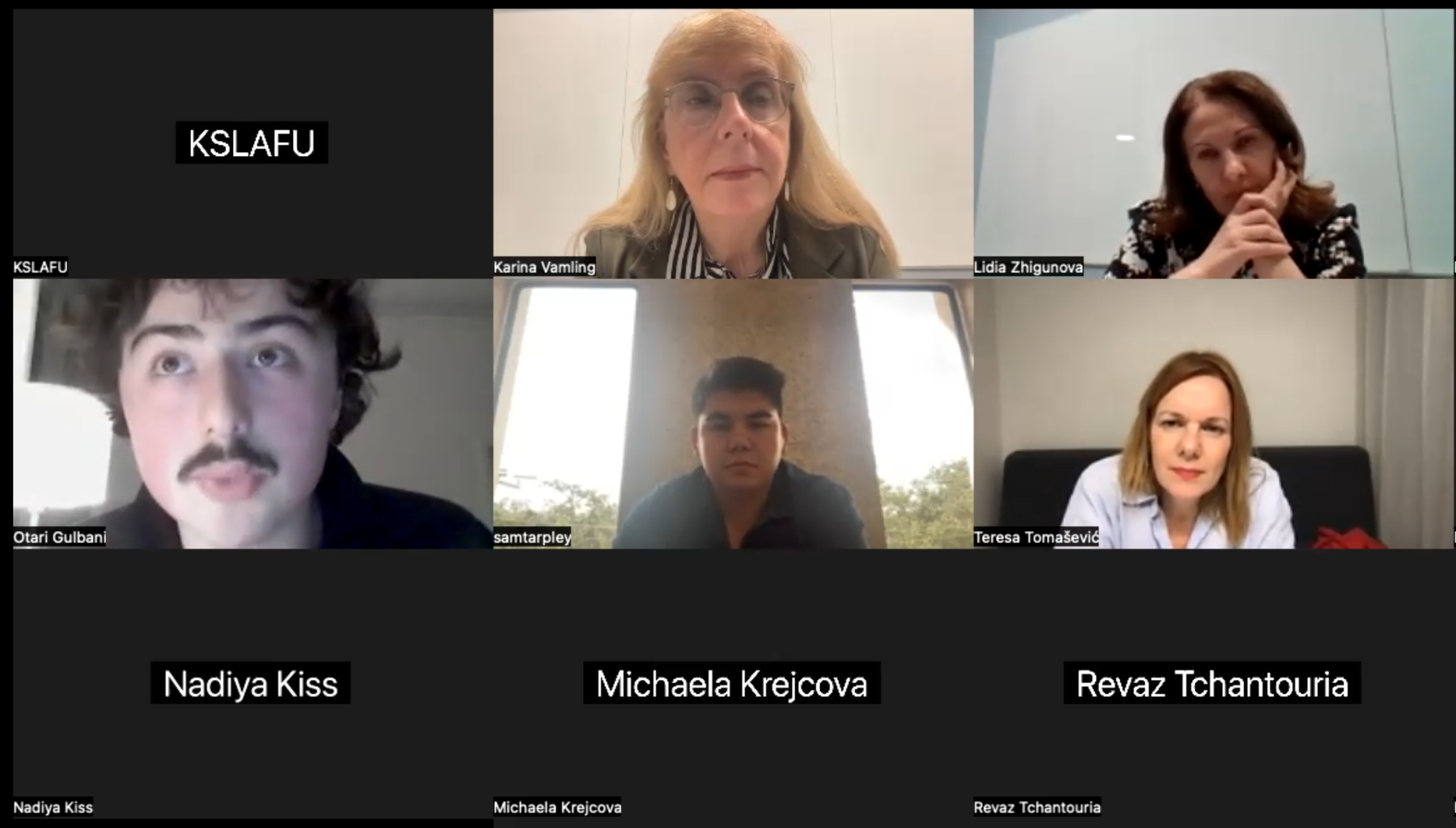
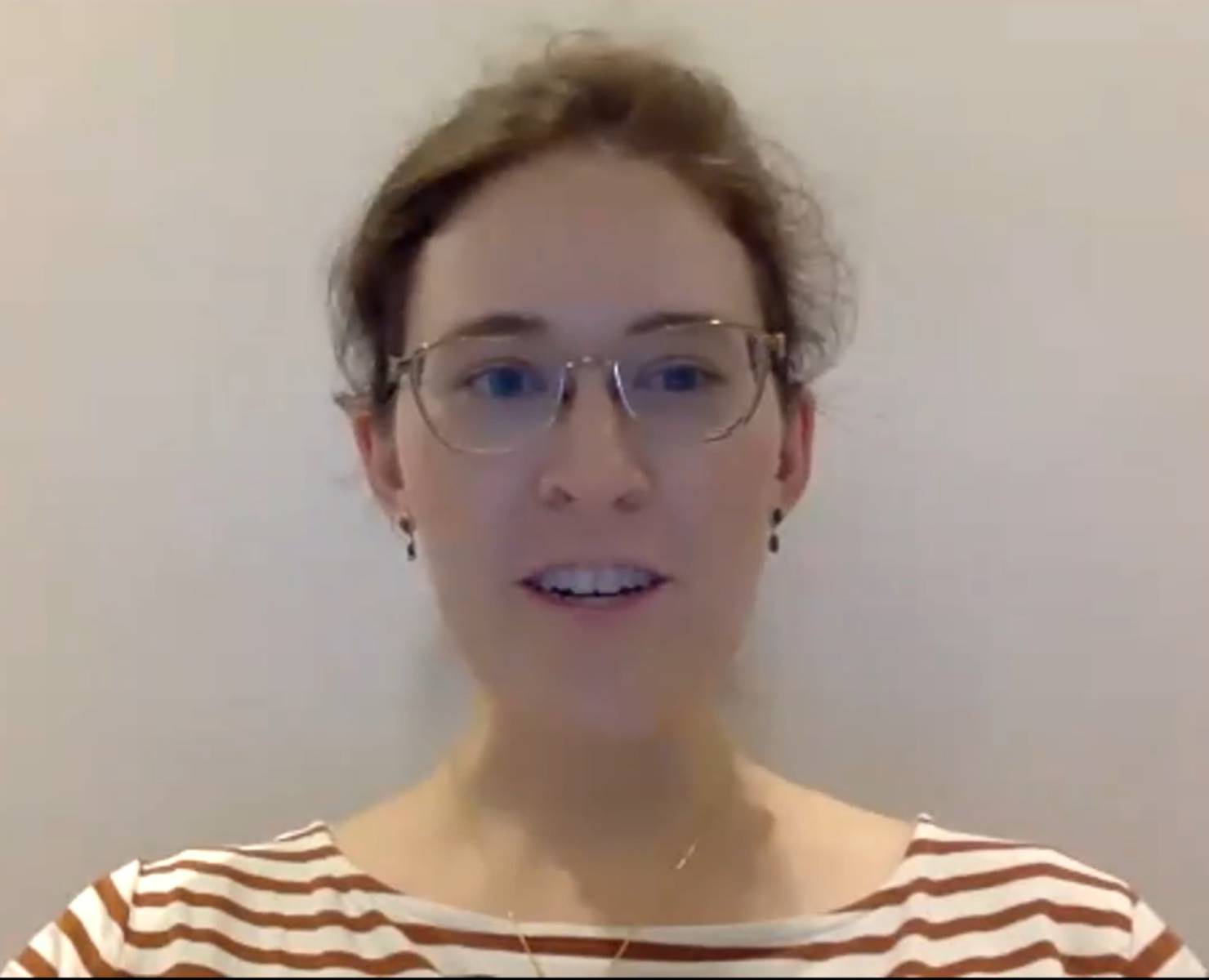
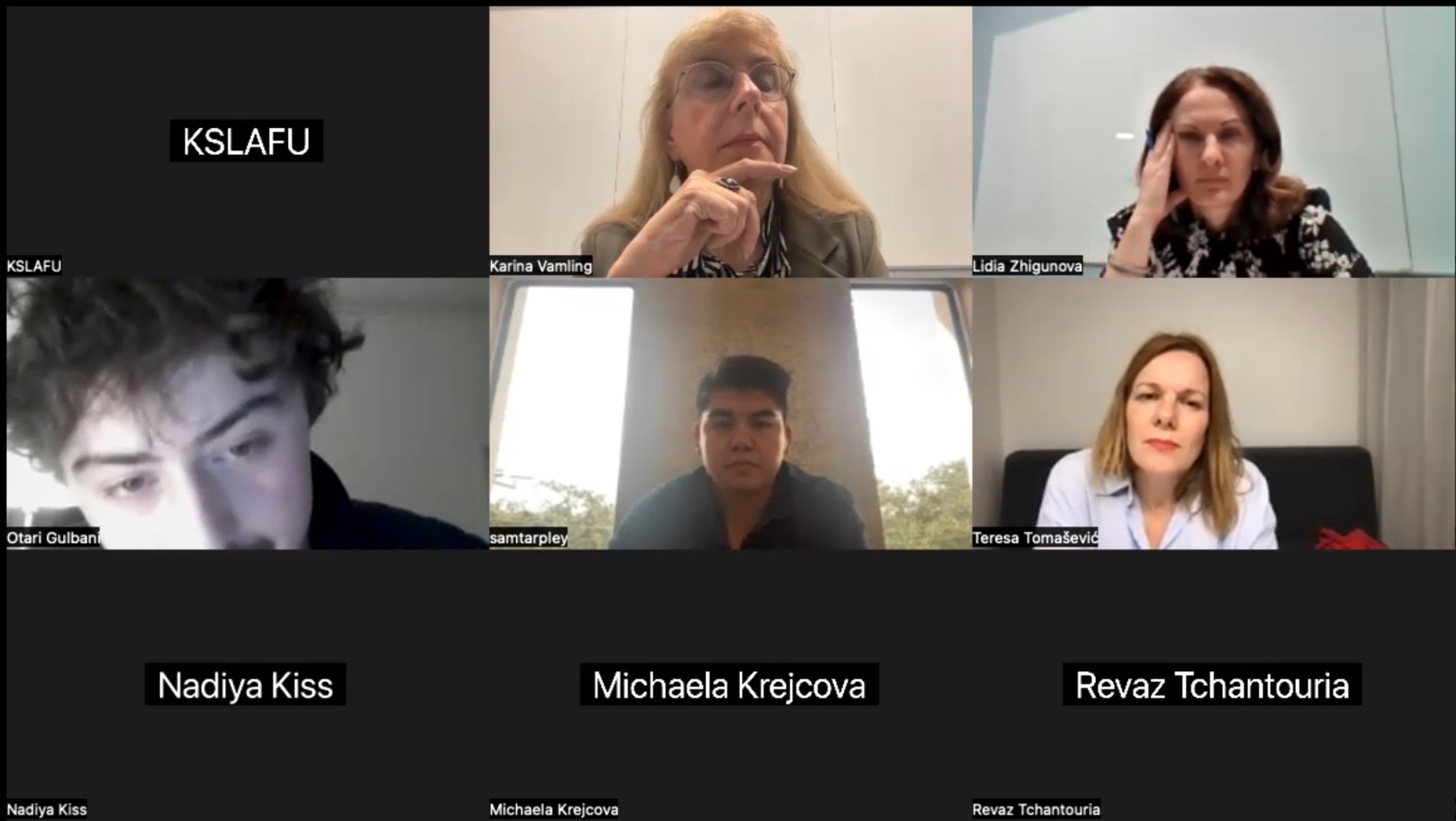

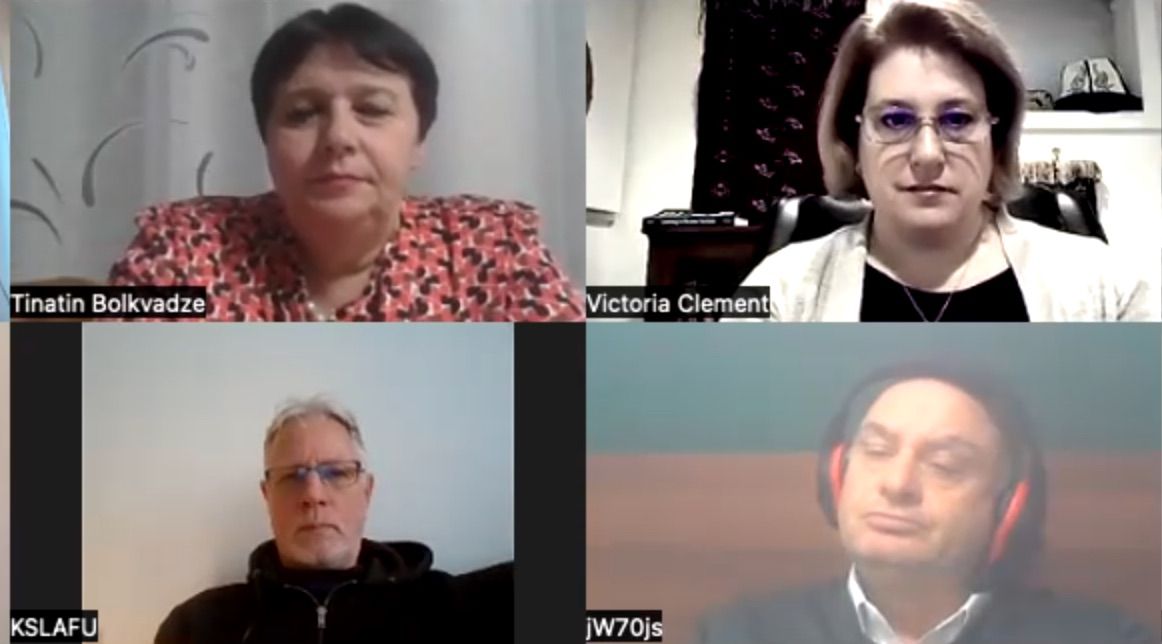
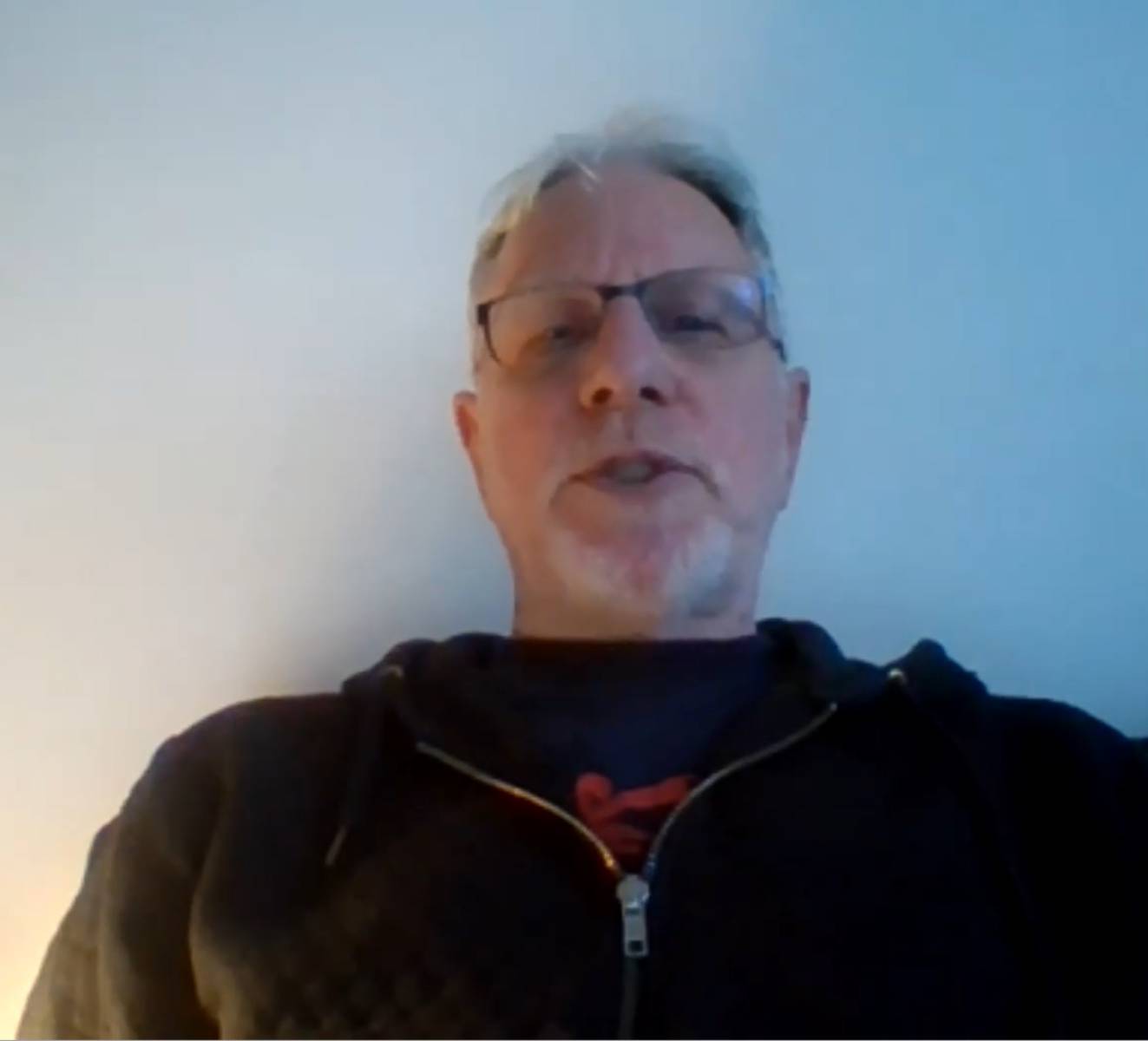
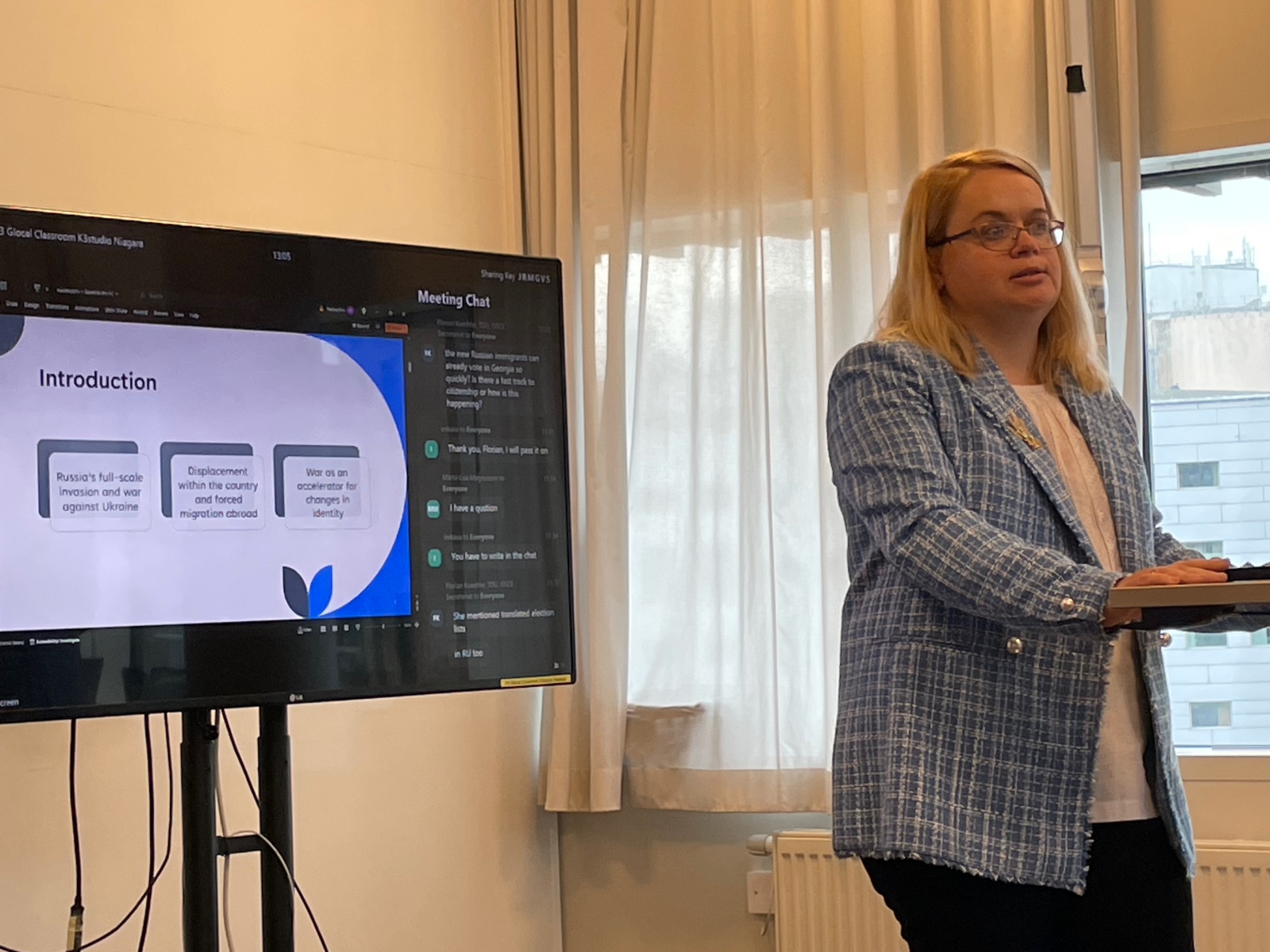
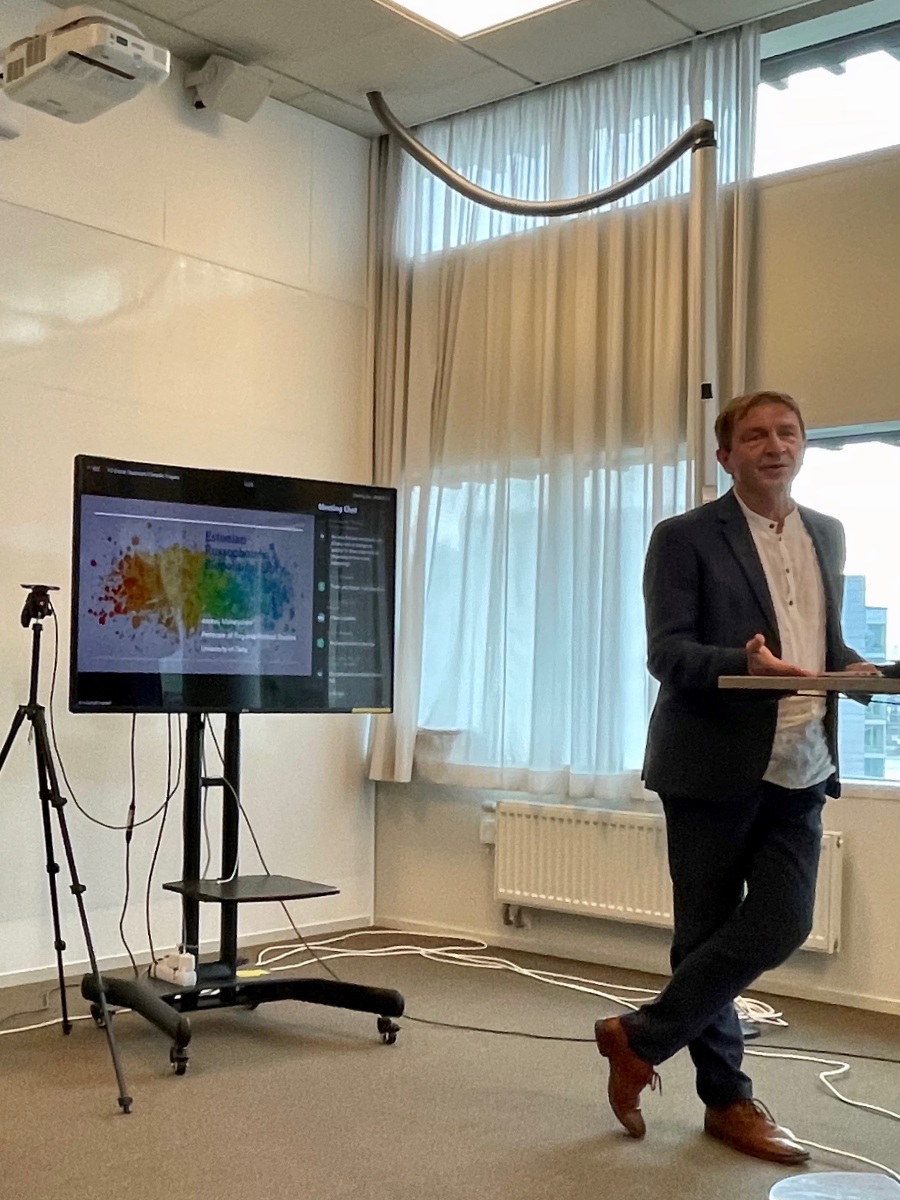

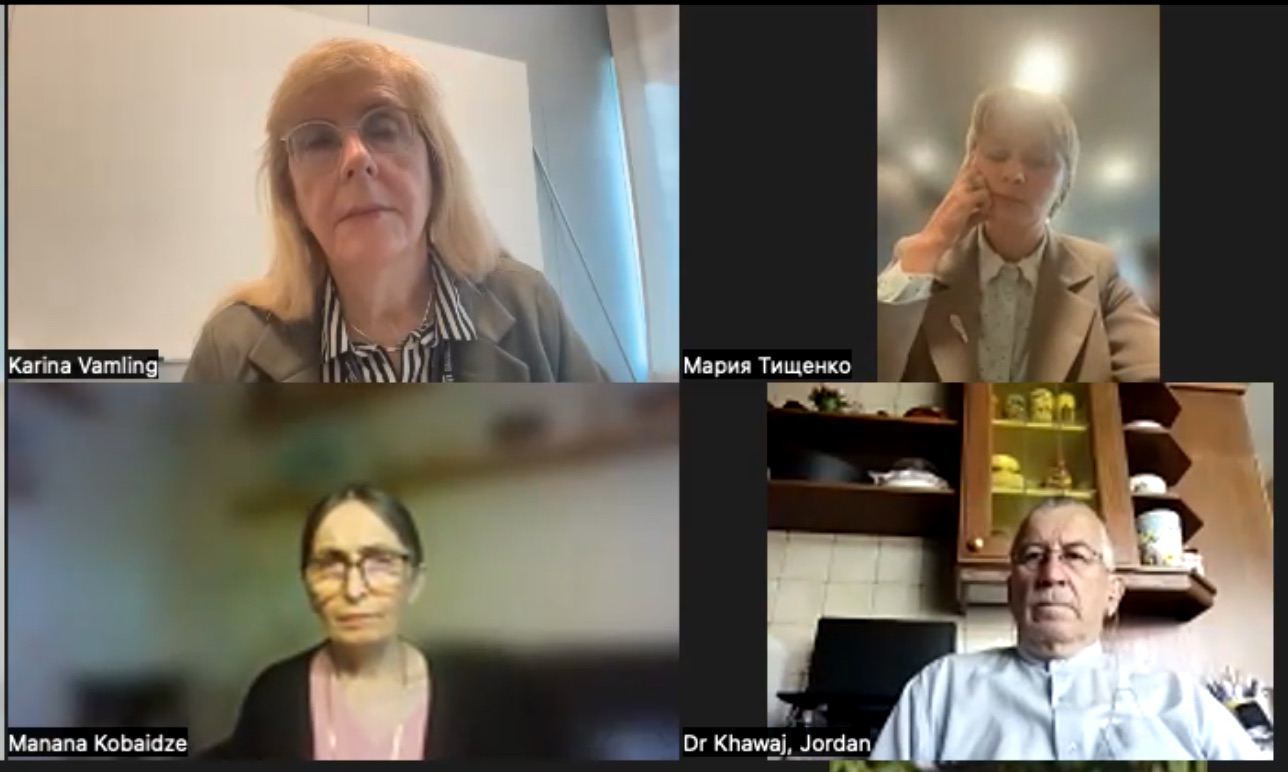

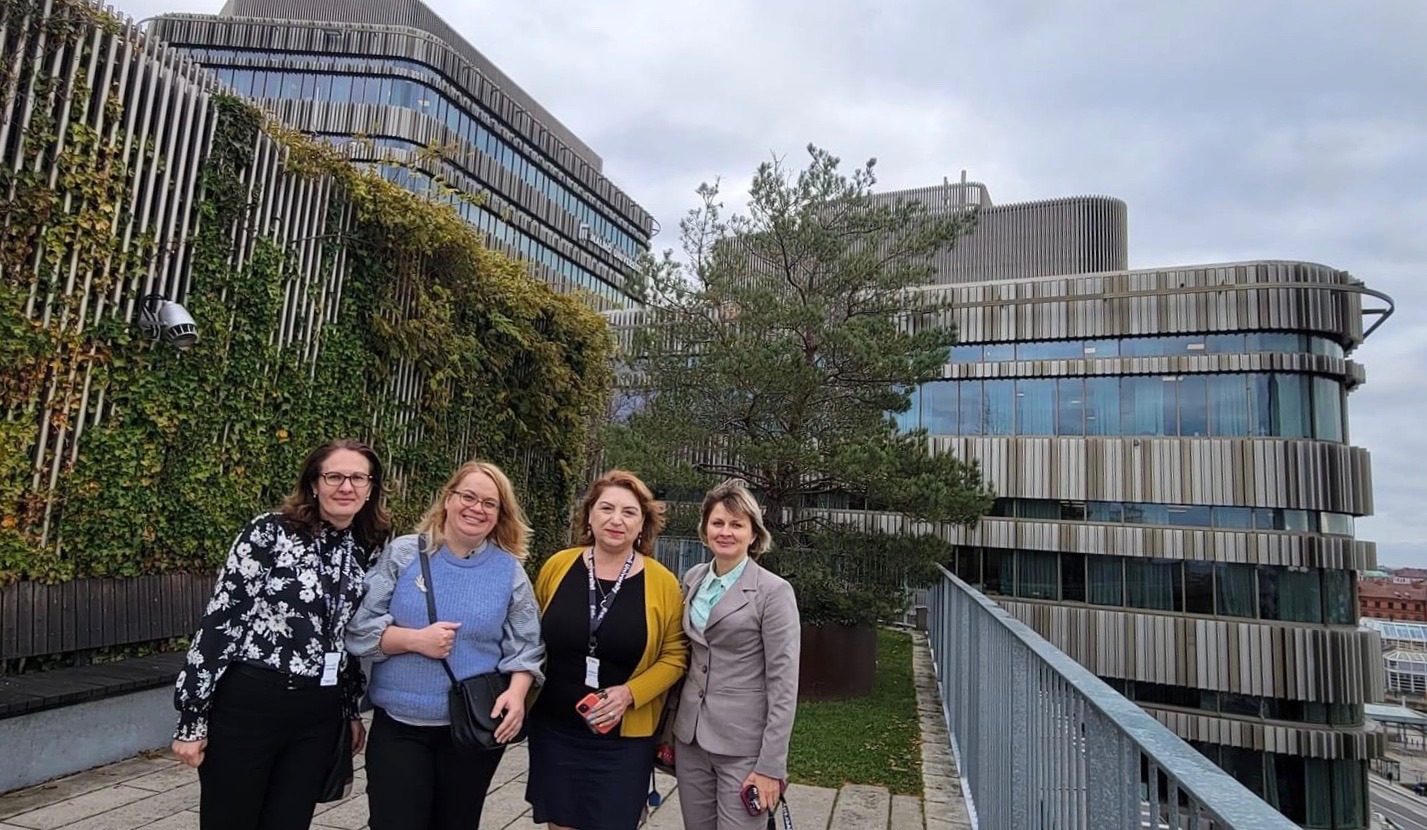
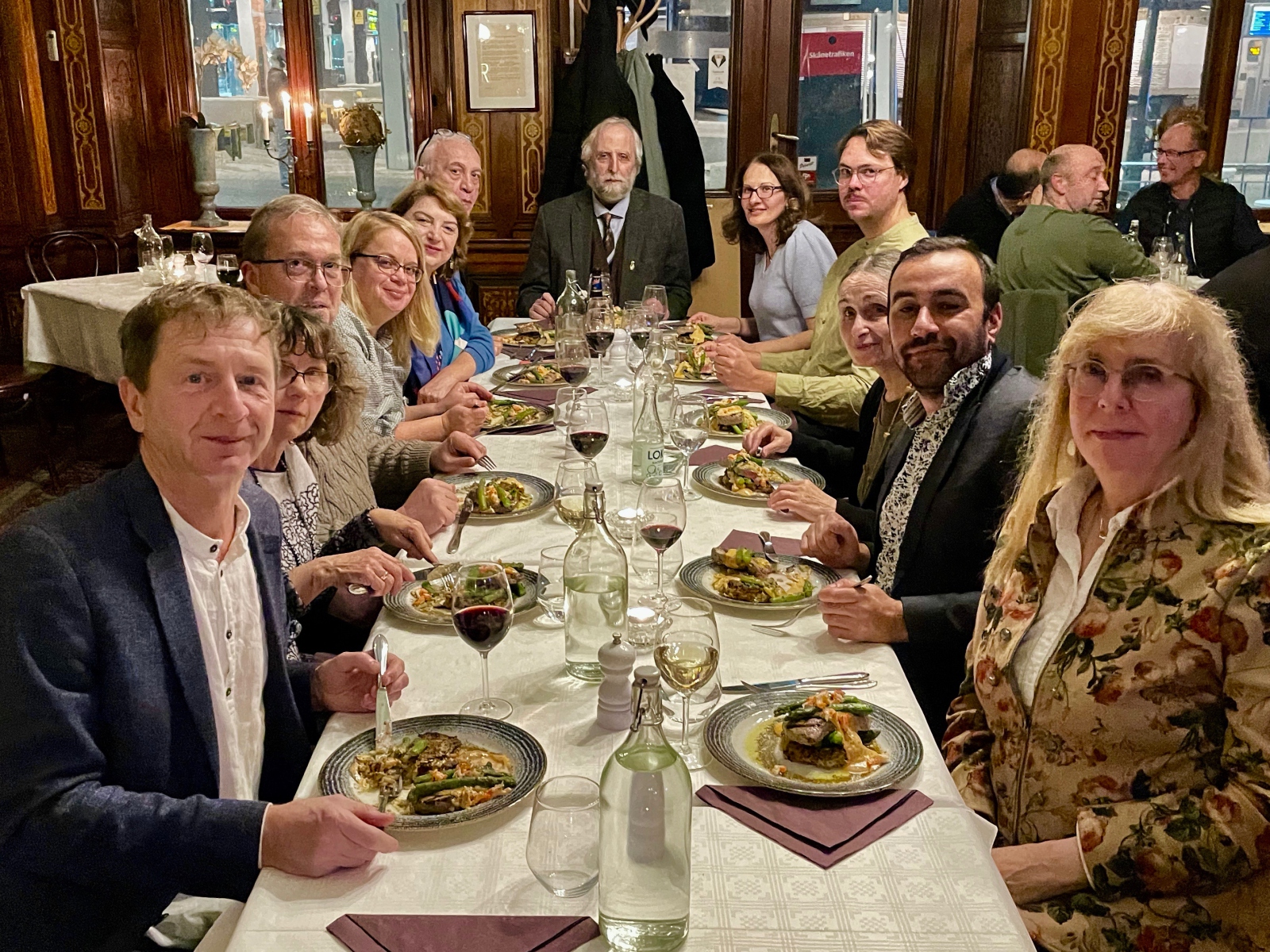
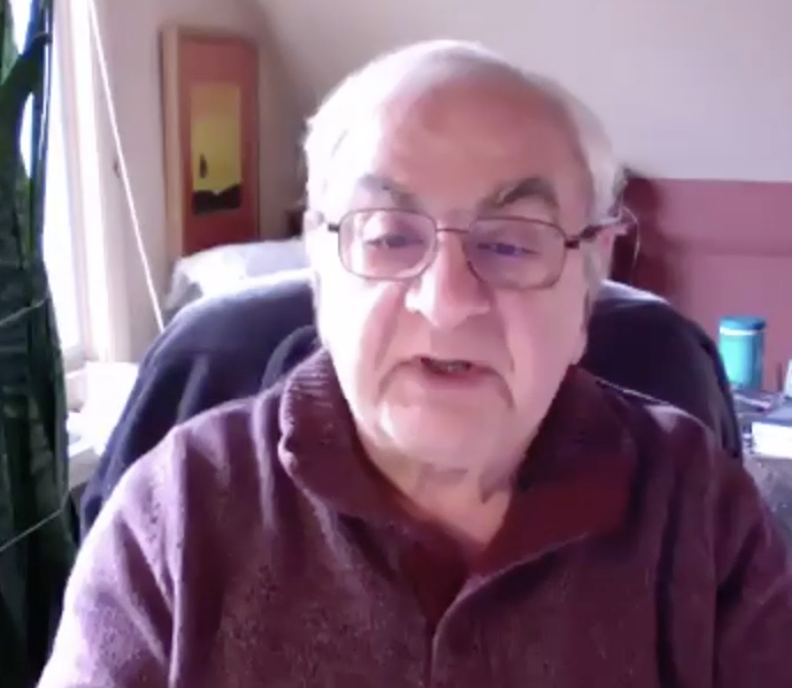 Prof. Gerard Jirair Libaridian, professor (emeritus) of history at the University of Michigan, former advisor to the first President of the Republic of Armenia on foreign and security policies. (photo)
Prof. Gerard Jirair Libaridian, professor (emeritus) of history at the University of Michigan, former advisor to the first President of the Republic of Armenia on foreign and security policies. (photo)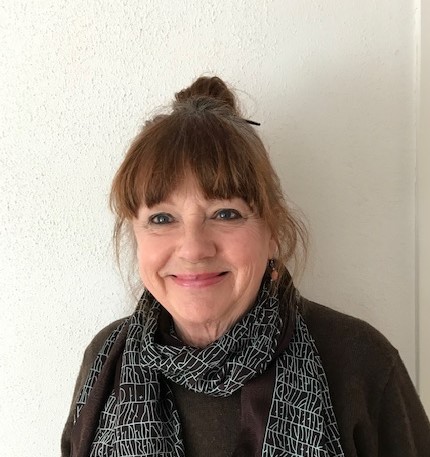 Magnusson, Märta-Lisa and Karina Vamling. (2023). Ryssland mot Turkiet i Nagorno-Karabach. Forskning & Framsteg.
Magnusson, Märta-Lisa and Karina Vamling. (2023). Ryssland mot Turkiet i Nagorno-Karabach. Forskning & Framsteg. 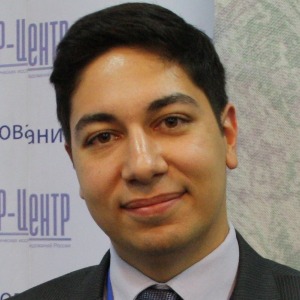 Makili-Aliyev, Kamal (2020).
Makili-Aliyev, Kamal (2020). 